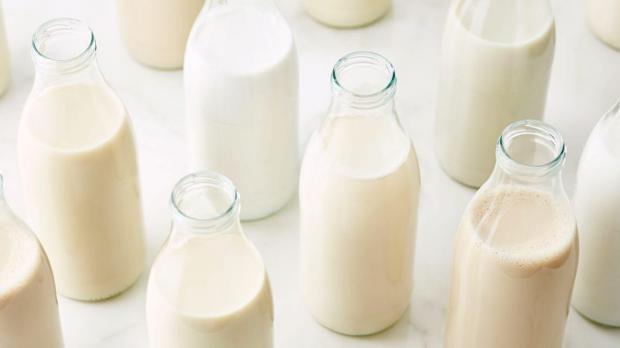
Breaking News
 EXCLUSIVE: "The HUGE Elephant In The Room Is Actually What Jeffrey Epstein Was Best At..."
EXCLUSIVE: "The HUGE Elephant In The Room Is Actually What Jeffrey Epstein Was Best At..."
 EXCLUSIVE INTERVIEW: Republican Candidate For Texas Governor "Doc" Pete Chambers Joins...
EXCLUSIVE INTERVIEW: Republican Candidate For Texas Governor "Doc" Pete Chambers Joins...
 Epstein Files Trigger Political Fallout Across Europe
Epstein Files Trigger Political Fallout Across Europe
 Conjoined twin 'influencers' who have gained more than 280,000 followers with their intimate
Conjoined twin 'influencers' who have gained more than 280,000 followers with their intimate
Top Tech News
 How underwater 3D printing could soon transform maritime construction
How underwater 3D printing could soon transform maritime construction
 Smart soldering iron packs a camera to show you what you're doing
Smart soldering iron packs a camera to show you what you're doing
 Look, no hands: Flying umbrella follows user through the rain
Look, no hands: Flying umbrella follows user through the rain
 Critical Linux Warning: 800,000 Devices Are EXPOSED
Critical Linux Warning: 800,000 Devices Are EXPOSED
 'Brave New World': IVF Company's Eugenics Tool Lets Couples Pick 'Best' Baby, Di
'Brave New World': IVF Company's Eugenics Tool Lets Couples Pick 'Best' Baby, Di
 The smartphone just fired a warning shot at the camera industry.
The smartphone just fired a warning shot at the camera industry.
 A revolutionary breakthrough in dental science is changing how we fight tooth decay
A revolutionary breakthrough in dental science is changing how we fight tooth decay
 Docan Energy "Panda": 32kWh for $2,530!
Docan Energy "Panda": 32kWh for $2,530!
 Rugged phone with multi-day battery life doubles as a 1080p projector
Rugged phone with multi-day battery life doubles as a 1080p projector
 4 Sisters Invent Electric Tractor with Mom and Dad and it's Selling in 5 Countries
4 Sisters Invent Electric Tractor with Mom and Dad and it's Selling in 5 Countries
Soy, Oat, Almond, Rice, Coconut, Dairy: Which 'Milk' Is Best for Our Health?

A trip to the supermarket presents shoppers with an overwhelming number of milk choices. And far from just being the domain of the modern hipster, plant-based milk alternatives are going mainstream.
These alternatives may be suitable for people who are intolerant to dairy milk, or have ethical or other personal preferences. They tend to be lower in saturated fats and energy than dairy milk, but also lower in protein (except soy) and calcium (unless fortified). Some are also high in added sugars.
As to which milk is best, there's no simple answer. Dairy milk tends to come out on top for nutrient quality, though soy is a good substitute from a nutrition perspective. And it should be noted these alternatives aren't technically milks, as they're not derived from mammals.
Nevertheless, the nutritional quality of the different alternatives varies considerably, so it's important to take note of these differences when making a selection.
Dairy milk
Milk provides us with important nutrients including calcium, protein, vitamin B12, vitamin A, vitamin D, riboflavin (B2), zinc, phosphorus and iodine. The quantity and quality of cow's milk proteins is high, with both whey and casein containing all nine essential amino acids. Milk plays an important role in bone health and is a particularly rich source of dietary calcium.



